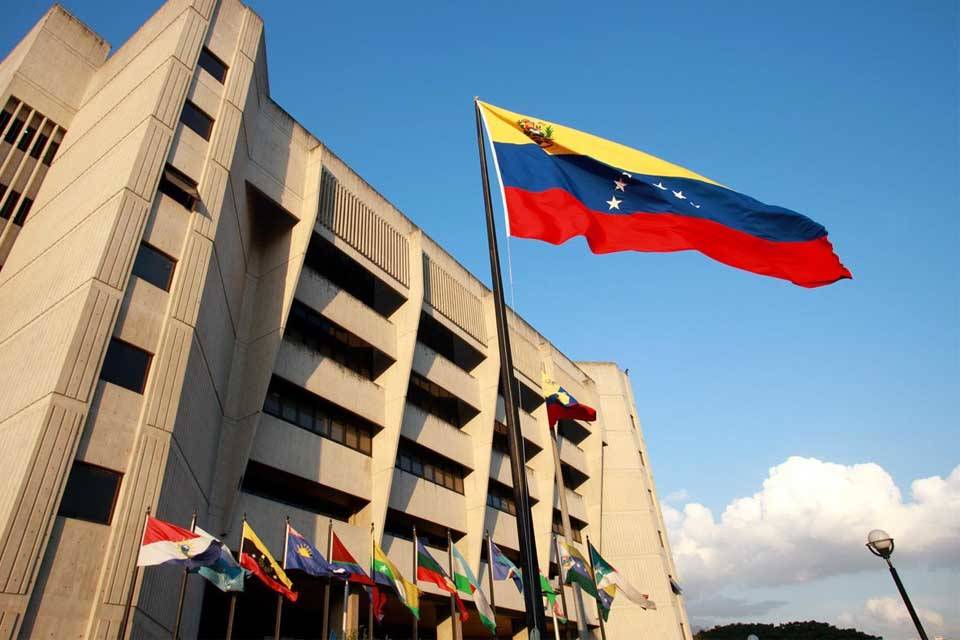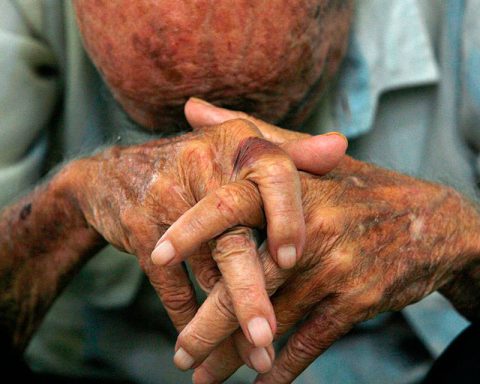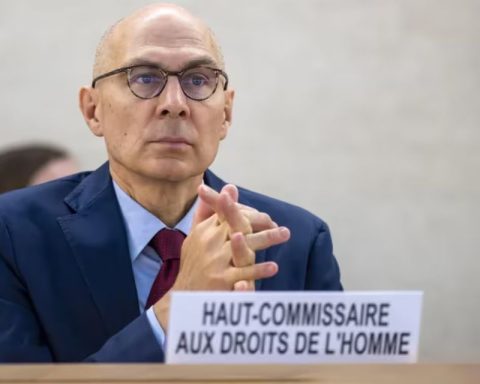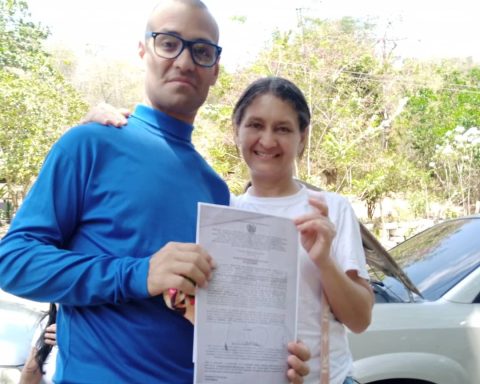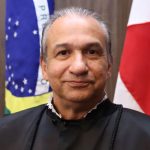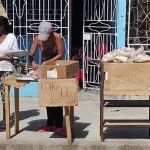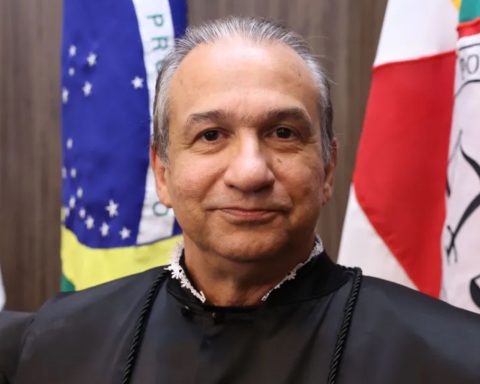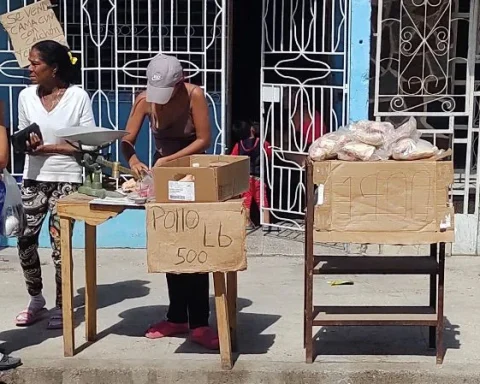Without the lawsuit filed by the then Miranda state attorney, Rafael Guzmán, the TSJ leaves in force the Organic Law of Decentralization, Delimitation and Transfer of Powers of the Public Power, which allows the Executive to transfer powers from the governorates and municipalities
The Constitutional Chamber of the Supreme Court of Justice (TSJ) issued judgment No. 469, dated August 2, 2022, by which it dismisses a lawsuit filed 13 years earlier against the partial reform of the Organic Law of Decentralization, Delimitation and Transfer of Competences of the Public Power, action by means of which it was tried to demand decentralization in the administration of the national highway.
The decision comes 13 years after the then Miranda state attorney, Rafael Guzmán, filed the lawsuit. The rejection of the legal remedy implies that the Executive is protected by law to take away from the governments the administration of highways, roads, ports and airports, thus reversing transfer agreements signed almost 30 years ago.
The ruling was drafted by the current Venezuelan ambassador to the International Criminal Court (CPI), Calixto Ortega, who declared the “permission of the instance and the extinction of the process”, since the Ombudsman’s Office requested between December 10, 2015 and on December 13, 2016 that a sentence was issued for this case, without “any act of procedural impulse” being carried out.
However, the document did not explain the reasons why the matter had not been resolved for almost 13 years, despite the fact that for years, until July 2015, the Government of Miranda —then headed by Henrique Capriles Radonski— requested the pronouncement of the magistrates with respect to the application.
*Also read: Bill does not order or eliminate the municipal, state and national “tax maelstrom”
With the demand rejected, the reform is not stopped by any judicial process. Article 8 of this legal instrument is an attack against decentralization, which implies a direct contradiction to the Constitution, which in its article 4 defines Venezuela as a “Decentralized Federal State.” The numeral indicates:
“The National Public Power, through an Executive body, may reverse for strategic reasons, merit, opportunity or convenience the transfer of powers transferred to the states, for the conservation, use and administration of goods or services considered of general public interest. ».
In other words, the TSJ allowed the Executive Power to have the power to transfer functions that corresponded to the governorates and municipalities if it deemed it convenient. At the time, the instrument was applied only for the Executive to seize Venezuelan roads, but concerns are unleashed since it empowers it to seize other powers from governments and municipalities, promoting the centralization of the Government.
In April 2008, the Constitutional Chamber issued judgment No. 565 that gave the green light to the transfer of powers from the governorates to the Executive, so that “the Administration in exercise of the coordination power can directly assume the conservation, administration and use of national roads and highways, as well as ports and airports for commercial use.
*With information from Transparency Venezuela
Post Views:
794
